72 wells in the Forbidden City contain something dirty, so thirsty that no one dares to drink it
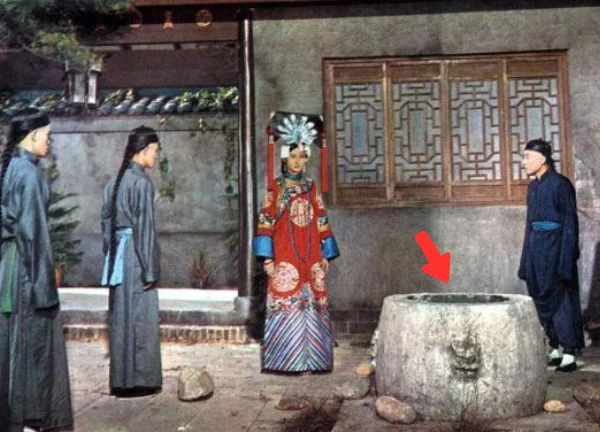
1 | 0 Discuss | Share
Aisin Gioro Puyi (1906 - 1967) was the 12th and last emperor of the Qing Dynasty, ending the monarchy in Chinese history.
As a chil.d, Pu Yi was chosen by Empress Dowager Cixi to succeed him to the throne in 1908, shortly before her deat.h. However, his reign only lasted until 1912 when the feudal system ended.
Despite his abdication, Pu Yi and his court were allowed to live in the Forbidden City until 1924, and maintained a separate court with certain privileges. In 1934, another turning point in his life occurred when Pu Yi became emperor of Manchukuo, a puppet government set up by Japan in northeastern China. However, Manchukuo's existence was short-lived, ending in 1945.
Pu Yi was then arrested and only pardoned after 14 years, in December 1959. This event made Pu Yi extremely surprised and emotional, as he shared in his memoir "The First Half of My Life": "I burst into tears before I could finish listening." Stepping out of the state of no freedom, the former emperor Pu Yi became a citizen like everyone else. When Pu Yi returned to Beijing with the desire to integrate into normal life, he expressed his desire to work to support himself. The Chinese government leaders at that time considered his special circumstances and asked about his personal wishes. Pu Yi proposed two jobs:
First, he wanted to become a doctor. The reason was that since he was in poor health since childhood, he had studied and acquired some medical knowledge. Moreover, he had read many medical books and had experience in treating others. However, the leaders realized that the medical profession required a high level of expertise and great responsibility, which Pu Yi could not meet, so this proposal was rejected.
Second, Pu Yi wished to work in the Forbidden City. This place had been with him since childhood, contained many profound memories, and he also had a certain understanding of it. However, this proposal was not approved due to his special status. The last emperor of the Qing Dynasty working in the Forbidden City would certainly attract excessive public attention and curiosity.
Eventually, the government arranged for Pu Yi to find a more suitable job at the Botanical Garden in Beijing. He was given a light and simple job. From then on, the last emperor of China lived a simple life, experiencing a freedom he had never had before.
In 1962, Pu Yi married a nurse named Li Shuxian. They were together until his deat.h in 1967 in Beijing due to illness. In his later years, he completed his memoir "The First Half of My Life", which recorded the ups and downs of his turbulent life.
His first job after becoming a common citizen was selling tickets at the Botanical Garden, which was also the first time he earned mone.y through his own labor. Many people who knew his identity felt a little sorry for him, and even a little ironic and sarcastic. When Pu Yi first returned to Beijing, he had no identification papers. In feudal times, the Emperor did not need identification papers, because it was unnecessary when the whole world belonged to him. Of course, Pu Yi was no exception!
However, China at that time no longer had a feudal system, Pu Yi was an ordinary citizen so he had to follow the principles that everyone had to follow. When he first returned to Beijing, Pu Yi had nowhere to live so he temporarily lived in the house of his fifth sister (the fifth princess Jin Yun Xing, after the Qing Dynasty collapsed, the Aisin Gioro family changed their names, most of them changed to Jin). After that, he and his sister went to the local office to register their household.
At that time, the household registration was handled by a clerk named Wu Jingshen. The first question he asked Pu Yi was his name. Pu Yi replied in embarrassment: Aisin Gioro Pu Yi. The clerk immediately recognized that this was Emperor Pu Yi, and their surprised expression made him feel even more embarrassed.
Later, when the staff asked for his home address, Pu Yi replied: He used to live in the Forbidden City and currently has no fixed residence. After discussion, the home address was recorded as the home address of Jin Yun Xin's younger sister.
The third question was about marital status. Pu Yi had five wives, a relatively small number for an Emperor, however, after returning to Beijing, Pu Yi no longer had any wives. In the end, the staff had to confirm that he was "Divorced".
When the staff asked about his education level, Pu Yi was embarrassed because he did not know what his education level was, nor how it was measured at that time. When he was in the palace, he had private tutors and did not attend any formal school. Therefore, Pu Yi shyly replied, "If he attended a private school, what was his education level?" The staff at that time did not know the concept of a private school, so they arbitrarily wrote it as junior high school.
Even though he had abdicated, he had lived in the palace for more than ten years, enjoying a life of luxury and wealth, and was still served by many people. He had many wives in his life, some of whom were talented and skilled, some of whom were of outstanding beauty,... but none of them bore Pu Yi any children. So what was the reason?
Pu Yi once talked with his last wife about the wedding scene with Wan Rong. Wan Rong - his last wife was an extremely beautiful ancient woman, a great beauty, but she did not arouse Pu Yi's desire. On the wedding night, he played with the eunuch from night to morning. What was the reason that a passionate young man had no interest in such a great beauty? Could it be that he himself had a problem in this regard?
Indeed, the reason lies with Pu Yi. He once revealed to his colleagues that when he was just a teenager, because he was lazy, in order to not have to worry about many things, the eunuch let the maids climb into his bed, sometimes there were 3-4 maids together in bed teaching him to do bad things.
According to Pu Yi's recollections, at that time, he was taught to do it several times every night. His body could not bear it. Sometimes he even staggered out of the room and saw that the sun was no longer its original color. In his eyes, it was a hazy green color.
His weak body could not bear such daily tortur.e. Gradually, he felt extremely disgusted with this aspect, which also caused him to lose his ability to reproduce, in fact, he lost his ability to have se.x. This was a great humiliatio.n for a man.
That was Pu Yi's life, teased by fate, although he had 5 wives, but because he had no children, during that time there were many incidents like that, so when he was old, Pu Yi had no one to rely on, he was alone. In fact, the government asked him, asked if he needed any help, he refused all of them, he understood that he was no longer the king up high that everyone worshiped, now he was just an ordinary citizen, a new member of New China, how could he dare to ask for different treatment from others. In any way, Pu Yi's life was a life of misfortune with a bit of luck.
Queen Uyên Dung disappeared and her body was never found. Later generations were horrified by the inhuman truth. 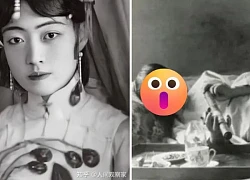 Hoàng Anh22:35:14 22/04/2025Empress Wanrong (1906 - 1946), the last empress of the Qing Dynasty, passed away under tragic circumstances. However, what makes posterity feel bitter and tormented is that to this day, her body remains an unsolved mystery.
Hoàng Anh22:35:14 22/04/2025Empress Wanrong (1906 - 1946), the last empress of the Qing Dynasty, passed away under tragic circumstances. However, what makes posterity feel bitter and tormented is that to this day, her body remains an unsolved mystery.

1 | 0 Discuss | Share

2 | 0 Discuss | Share
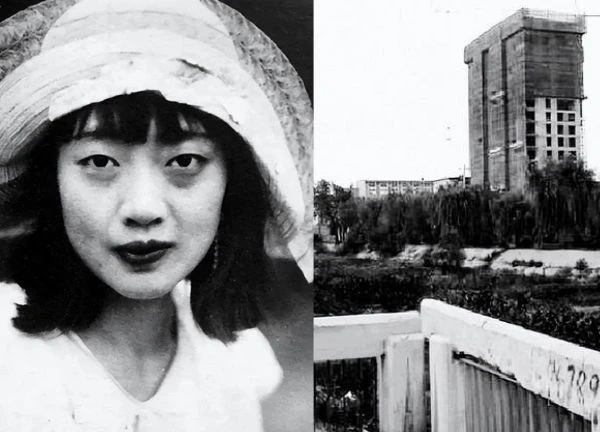
4 | 0 Discuss | Share
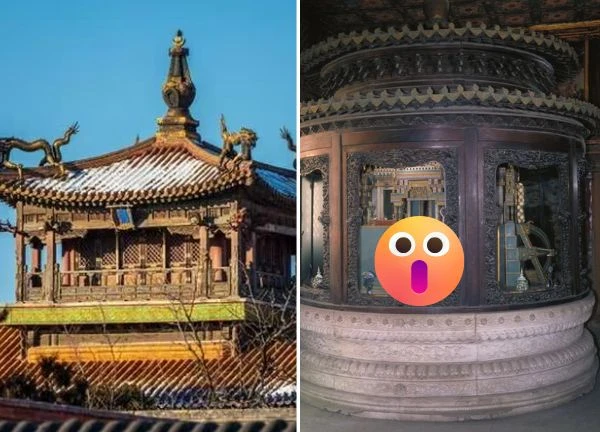
4 | 0 Discuss | Share
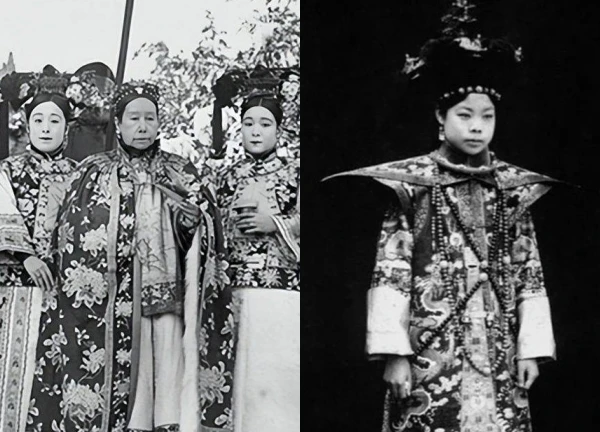
4 | 0 Discuss | Share
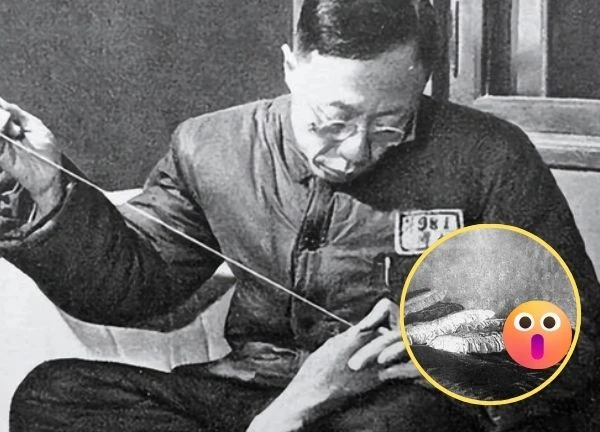
5 | 0 Discuss | Share
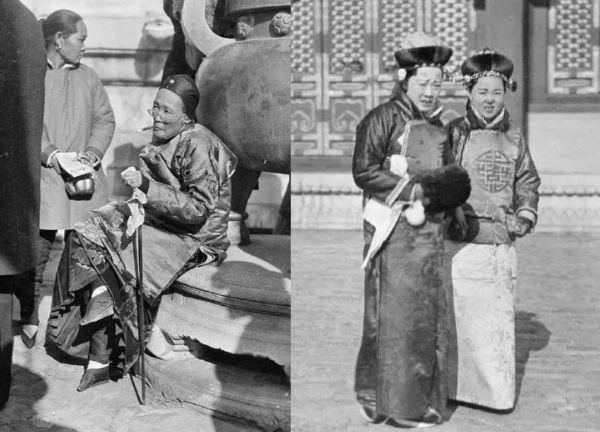
5 | 0 Discuss | Share
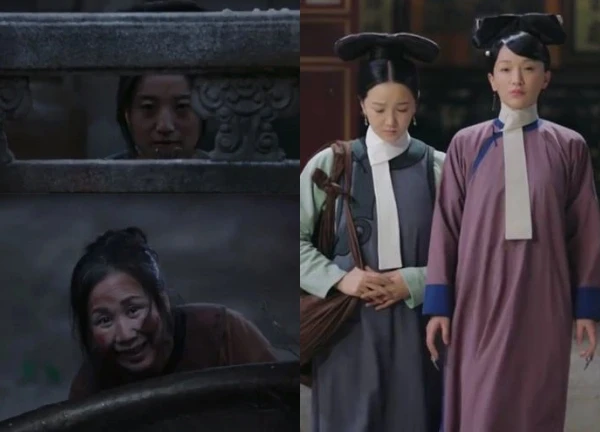
5 | 1 Discuss | Share
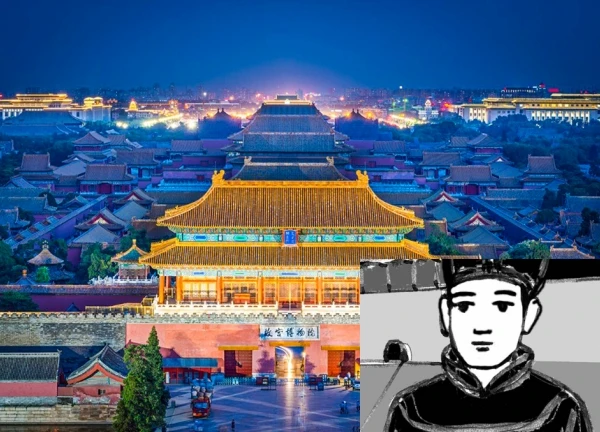
1 | 1 Discuss | Share
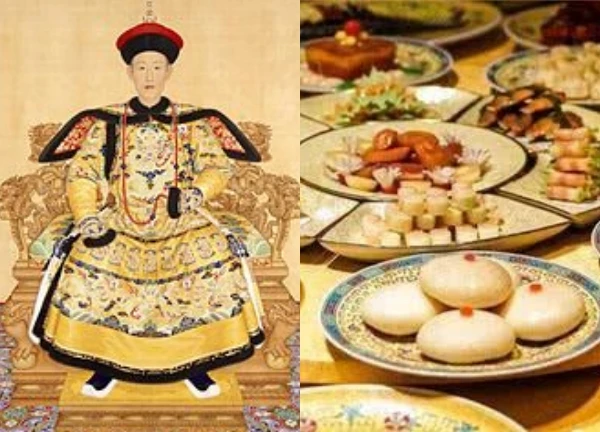
1 | 1 Discuss | Share
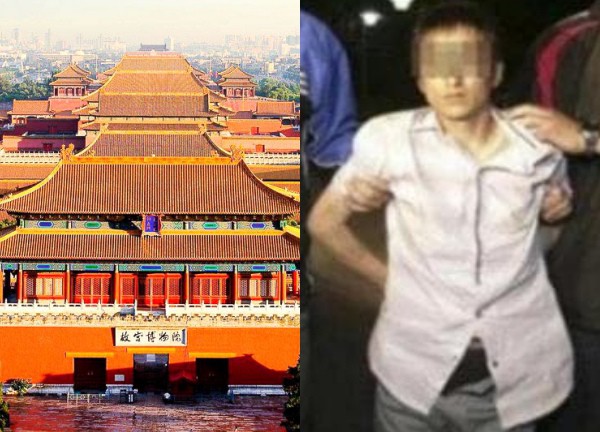
4 | 1 Discuss | Share
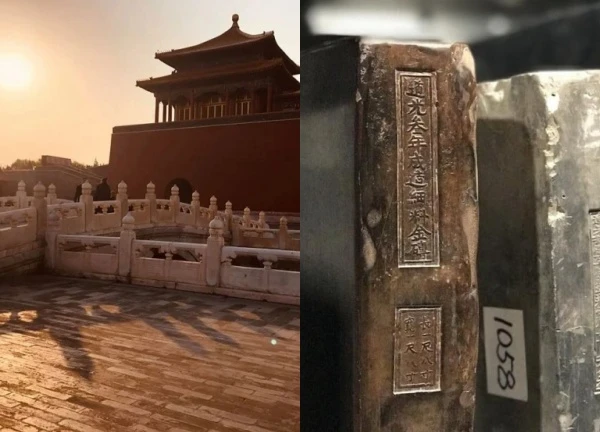
2 | 0 Discuss | Share
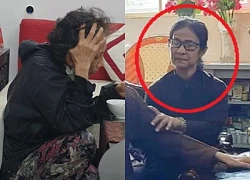
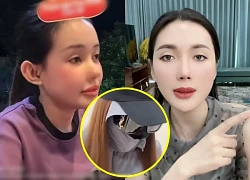




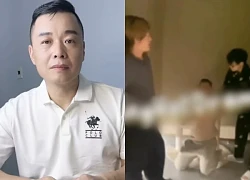
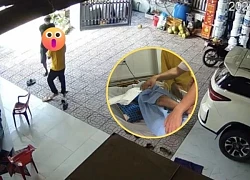

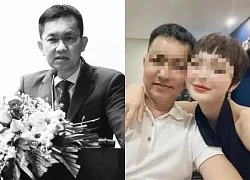
3 | 0 Discuss | Report